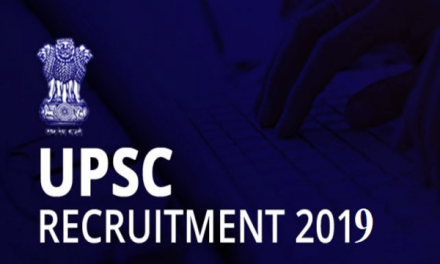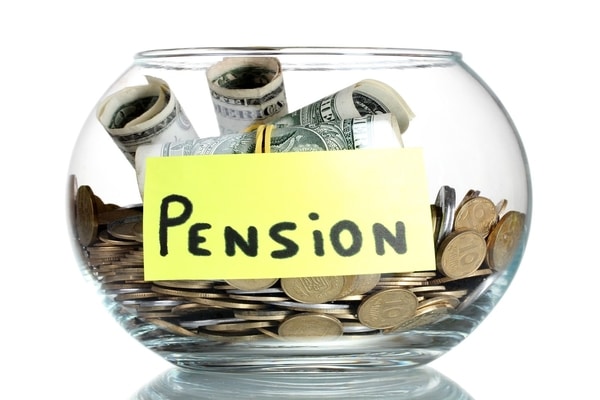One of India’s largest business conglomerates Mahindra and Mahindra has been at the heart of the much-needed battle against Coronavirus. Ever since its manufacturing facilities across the country stopped functioning due to the nationwide lockdown, the company channeled its resources into making various kinds of medical equipment that are benefiting both the medical practitioners as well as patients who have been infected by the disease. After making face masks, face shields, aerosol boxes and an affordable ventilator, now a high-spec Mahindra ventilator is ready for production.
The final product is now ready for production the news of which was shared by Mahindra & Mahindra’s Managing Director, Dr. Pawan Goenka on Twitter. He shared that as of now there is no demand for these ventilators and he hopes that despite the ingenuity and many weeks of hard work by the company’s engineers these devices never leave the factories.
SkanRay/Mahindra ventilator, especially designed for Coronavirus, is ready for production. Thankfully there is no demand. Despite the ingenuity and many weeks of hard work by our engineers, we hope the machines never have to leave our factories. @MahindraRise pic.twitter.com/wRsIBoDBD8
— Pawan K Goenka (@GoenkaPk) May 14, 2020
Mahindra had undertaken a two-pronged approach when it came to making ventilators. At one end the company along with two large PSUs worked with Skanray which makes high spec ventilators to help them to simplify design and scale-up capacity. On the other end the company has also been working on an automated version of the Bag Valve Mask ventilator (commonly known as Ambu bag). These inputs have been taken from 10 doctors and few biomedical engineers and these designs will be made available to anyone who wants to manufacture these affordable devices.
Chairman of Mahindra Group Anand Mahindra also echoed Dr. Goenka’s feelings. He expressed his appreciation to Skanray as well as everyone else who contributed to making these Ventilators calling it an outstanding achievement.
Whether or not they are used, I want to express my appreciation to SkanRay, you, Velu and the joint team for your outstanding commitment and effort… You all made us proud. https://t.co/h41wR8Yi9r
— anand mahindra (@anandmahindra) May 14, 2020
Commenting on the development, Mr. Mahindra said, “These are sophisticated machines costing between Rs5 to 10 lakh. This device is an interim lifesaver & the team estimates it will cost below Rs7,500.”
Mr. Mahindra also announced his decision to create a fund through the Mahindra Foundation to assist the hardest hit in its value chain, both small businesses and the self-employed. Besides announcing his decision to donate 100 percent of his salary to the COVID-19 fund, the Chairman also encouraged his colleagues to voluntarily contribute to the fund.












